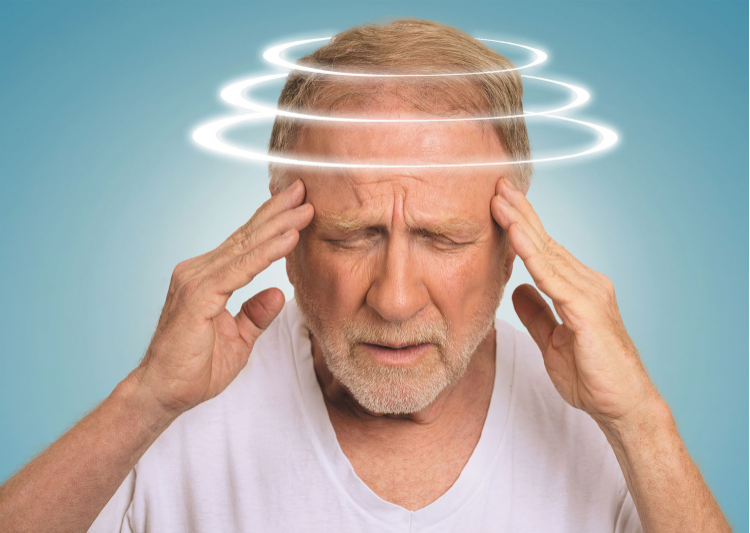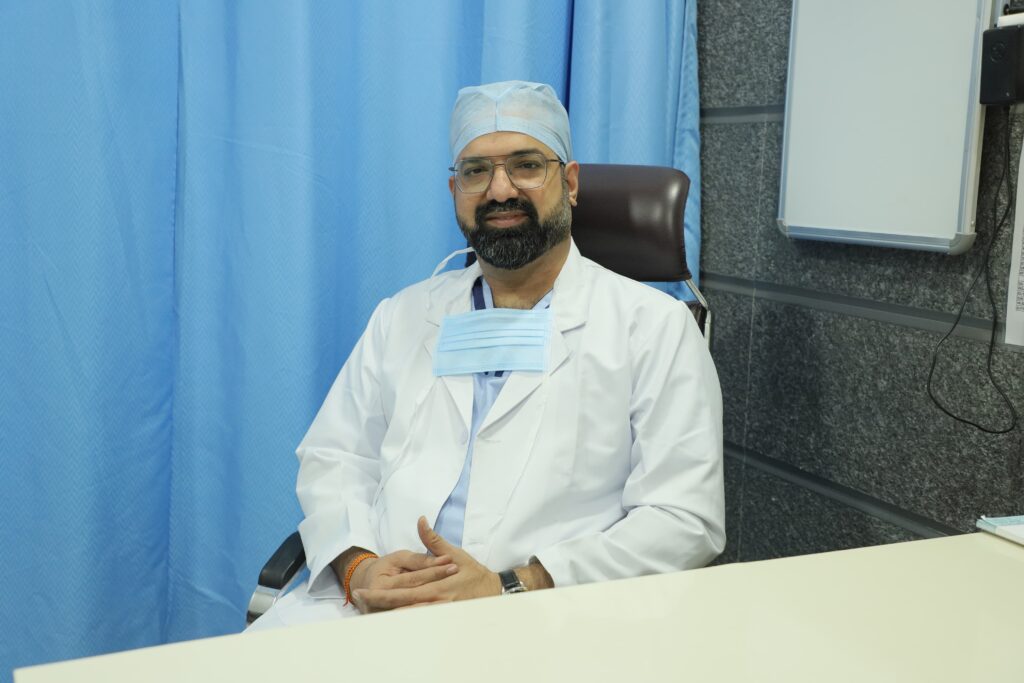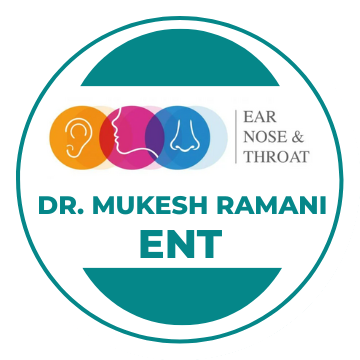Services
We Provide

Understanding Vertigo
Vertigo is a sensation of spinning or dizziness that can make you feel as though you or your surroundings are moving or spinning when they are not. It is often described as feeling like you’re on a merry-go-round or a spinning amusement park ride. Vertigo can be a symptom of various underlying conditions affecting the inner ear or the balance centers of the brain. While vertigo can be unsettling and disruptive, it is usually temporary and can be managed with proper diagnosis and treatment.
Diagnosis of Vertigo
Diagnosing vertigo typically involves a thorough medical history review and physical examination by a healthcare provider. During the examination, the provider may perform tests to assess balance, eye movements, and coordination. In some cases, additional tests such as electronystagmography (ENG), videonystagmography (VNG), or imaging studies like magnetic resonance imaging (MRI) may be recommended to determine the underlying cause of vertigo.
Causes of Vertigo
Vertigo can be caused by several factors, including:
- Inner Ear Disorders: Conditions such as benign paroxysmal positional vertigo (BPPV), vestibular neuritis, and Meniere’s disease affect the inner ear’s balance organs, leading to vertigo.
- Head Injuries: Trauma to the head or neck can damage the inner ear or vestibular nerve, resulting in vertigo.
- Migraines: Some individuals may experience vertigo as a symptom of migraines, particularly vestibular migraines.
- Medications: Certain medications, such as those used to treat high blood pressure or anxiety, can cause vertigo as a side effect.
- Other Medical Conditions: Conditions such as stroke, multiple sclerosis, and acoustic neuroma can also cause vertigo.
Symptoms of Vertigo
Common symptoms of vertigo may include:
- Spinning Sensation: Feeling as though you or your surroundings are spinning or moving when they are not.
- Nausea and Vomiting: Feeling nauseous or vomiting due to the sensation of spinning.
- Loss of Balance: Difficulty maintaining balance or coordination.
- Sweating: Experiencing sweating or clamminess during episodes of vertigo.
- Nystagmus: Involuntary eye movements, such as rapid side-to-side or up-and-down movements, during episodes of vertigo.
It’s important to seek medical attention if you experience symptoms of vertigo, as it can be a sign of an underlying medical condition. Treatment for vertigo may include medications to alleviate symptoms, vestibular rehabilitation therapy to improve balance and reduce dizziness, and lifestyle modifications to manage triggers and reduce the frequency of vertigo episodes. With proper diagnosis and treatment, many individuals with vertigo can effectively manage their symptoms and improve their quality of life.
18+
years
of experience

Dr. Mukesh Kumar Ramani
Dr. Mukesh Kumar Ramani is a dedicated Specialist ENT Surgeon at Aster Clinic (Aster Jubilee Medical Complex) in Burdubai, Dubai. With over 18 years of experience in the field, Dr. Ramani has garnered expertise in various aspects of Otorhinolaryngology.
He completed his MBBS from Thanjavur Medical College, Tamilnadu, India, followed by MS (ENT) from B. J. Medical College, Ahmedabad, India, and DNB from the National Board of Examinations, New Delhi, India. Dr. Ramani’s extensive academic background is complemented by his passion for delivering high-quality patient care.
